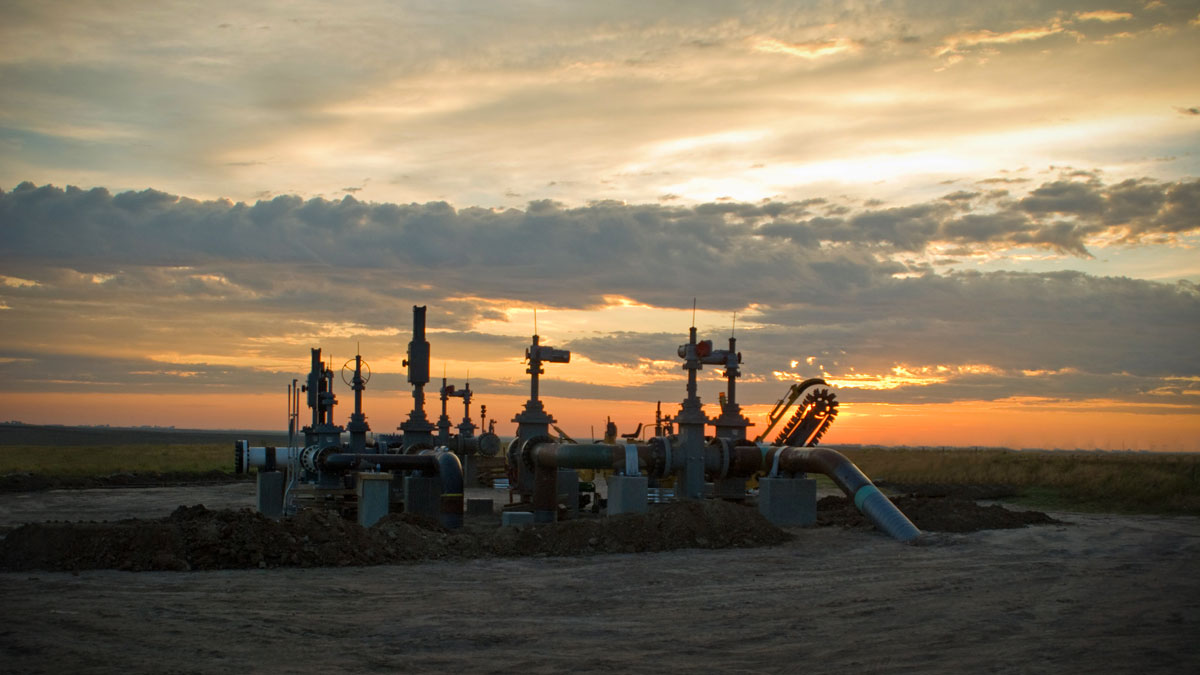IEA’s New 10-Point Plan
Reducing the European Union’s Reliance on Russian Natural Gas
The International Energy Agency (IEA) has just launched a 10-Point Plan to Reduce the European Union’s Reliance on Russian Natural Gas. Europe’s reliance on imported natural gas from Russia has again been thrown into sharp relief by Russia’s invasion of Ukraine. The IEA’s new 10-Point Plan sets out a series of measures that could be implemented within a year to reduce Russian natural gas imports while maintaining consistency with the European Green Deal and ensuring energy security and affordability.
The IEA’s plan includes a range of complementary actions that can be taken in the coming months, such as turning more to other suppliers, drawing on other energy sources and accelerating efforts to provide consumers, businesses and industry with the means to use clean and efficient alternatives to natural gas. The proposed measures are fully consistent with the EU’s European Green Deal and its Fit for 55 package, paving the way for further emissions reductions in the years to come.
In 2021, the European Union imported 155 billion cubic metres of natural gas from Russia, accounting for around 45% of EU gas imports and close to 40% of its total gas consumption. Progress towards Europe’s net zero ambitions will bring down its use and imports of gas over time, but today’s crisis raises the specific question about imports from Russia and what more can be done in the immediate future to bring them down.
“Nobody is under any illusions anymore. Russia’s use of its natural gas resources as an economic and political weapon show Europe needs to act quickly to be ready to face considerable uncertainty over Russian gas supplies next winter,” said IEA Executive Director Fatih Birol. “The IEA’s 10-Point Plan provides practical steps to cut Europe’s reliance on Russian gas imports by over a third within a year while supporting the shift to clean energy in a secure and affordable way. Europe needs to rapidly reduce the dominant role of Russia in its energy markets and ramp up the alternatives as quickly as possible,” he pointed out.
The key actions recommended in the IEA’s 10-Point Plan include not signing any new gas contracts with Russia; maximising gas supplies from other sources; accelerating the deployment of solar and wind; making the most of existing low emissions energy sources, such as nuclear and renewables; and ramping up energy efficiency measures in homes and businesses.
Meanwhile, energy companies like bp, Shell, ExxonMobil, Equinor, TotalEnergies, OMV joined a growing list of companies looking to exit Russia, as sanctions tightened the screws on Moscow over its invasion of Ukraine.
Even the Board of Directors of the European Bank for Reconstruction and Development has agreed with a management proposal to take steps in responding to the Russian-led invasion in Ukraine. They voted in large numbers to ask Governors to approve firm action against both Russia and Belarus. If approved by the Governors, the access of Russia and Belarus to EBRD finance and expertise would be suspended open-endedly.



